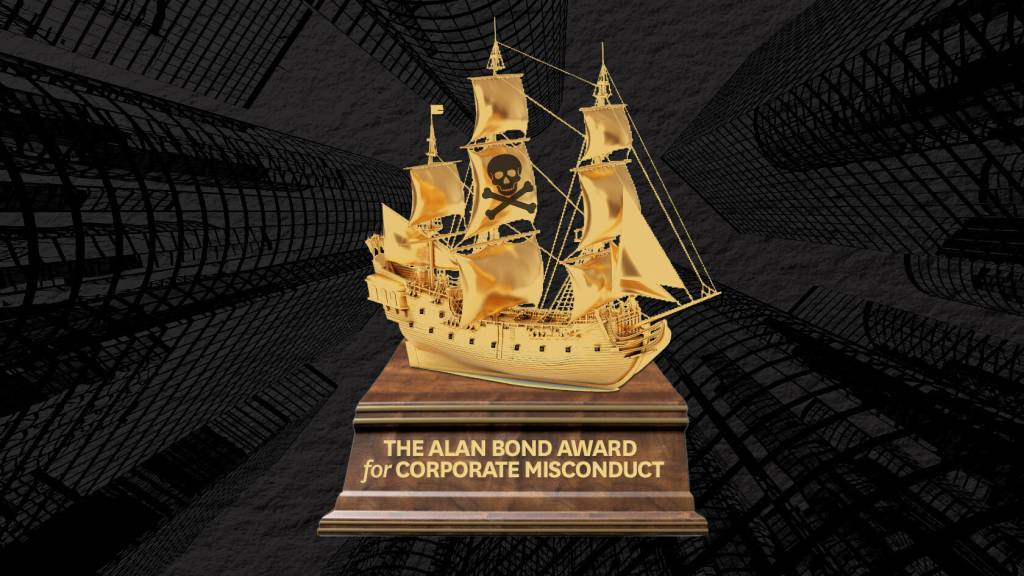
It has been a challenging decade for Australian businesses, marked by scandals and controversies that have tarnished the reputations of numerous corporations. From the banking sector’s missteps highlighted by the Hayne Royal Commission to the ongoing dissatisfaction with the national airline, Australian companies have faced significant public scrutiny. This article delves into the criteria used to identify the worst company in Australia, considering factors such as environmental impact, legal compliance, and social responsibility.
Amidst this backdrop, the question arises: which company stands out as the worst? Many Australians might point to Qantas or the big banks for their perceived disregard for customers. Others may criticize supermarket giants like Coles and Woolworths for their pricing strategies. Media companies such as News Corp are often accused of exacerbating social and political divisions. The debate is complex, but a structured approach can offer clarity.
Criteria for Evaluation
To objectively determine the worst company, we have identified several key criteria, each weighted according to its societal impact. These criteria provide a comprehensive framework for assessing corporate misconduct and inefficiency.
Environmental Damage
Australia’s role as a fossil fuel superpower is supported by companies like Woodside, Santos, and multinationals such as Chevron and BP. These companies are often criticized for their significant environmental impact, particularly in terms of emissions. Additionally, companies that promote climate denialism, such as News Corp, are also evaluated under this criterion.
Breaking the Law
Numerous Australian companies have been found guilty of legal violations, ranging from minor breaches to serious offenses. For instance, Westpac’s involvement in money laundering, which facilitated child abuse, is considered a severe infraction. This criterion is heavily weighted to reflect the gravity of such offenses.
Undermining Public Policy
This criterion examines a company’s role in influencing public policy to its advantage, often at the expense of the national interest. Companies that engage in lobbying and influence peddling are scrutinized under this category, with scores multiplied to emphasize their impact.
Tax Avoidance
While some companies pay their fair share of taxes, others are notorious for tax avoidance. Notably, News Corp has been criticized for paying no tax in Australia, and big tech companies continue to find ways to minimize their tax liabilities. This criterion is given a moderate weighting.
Wage Theft and Anticompetitive Behavior
Wage theft has been a persistent issue among large Australian companies, including universities and small businesses. Additionally, high market concentration and anticompetitive practices hinder productivity and inflate prices. Both factors are considered with moderate weightings.
Social Cohesion and Other Factors
Media companies that foster division and gambling companies that profit from societal misery are evaluated for their impact on social cohesion. Other considerations include reliance on public subsidies, poor customer service, and inadequate workplace conditions, though these are given lower weightings.
Implications and Future Outlook
The criteria outlined above provide a robust framework for identifying Australia’s worst company. This approach ensures that the title is not awarded based on a single area of misconduct but rather a comprehensive assessment of a company’s overall impact. As we continue to evaluate these companies, it is crucial to consider the broader implications for Australian society and the economy.
In the coming days, we will explore the industries with the worst performance and unveil the inaugural winner of the Alan Bond Award for Corporate Misconduct. This analysis aims to spark a broader conversation about corporate responsibility and the need for systemic change.
As Australia grapples with these corporate challenges, it is essential to hold companies accountable and promote practices that align with the public interest. By shedding light on these issues, we hope to encourage a more transparent and equitable business environment.







